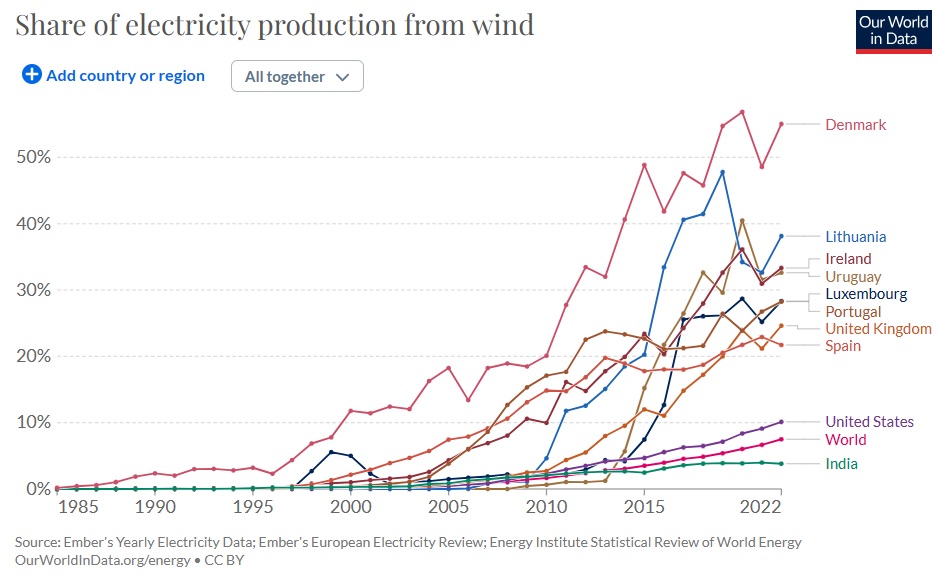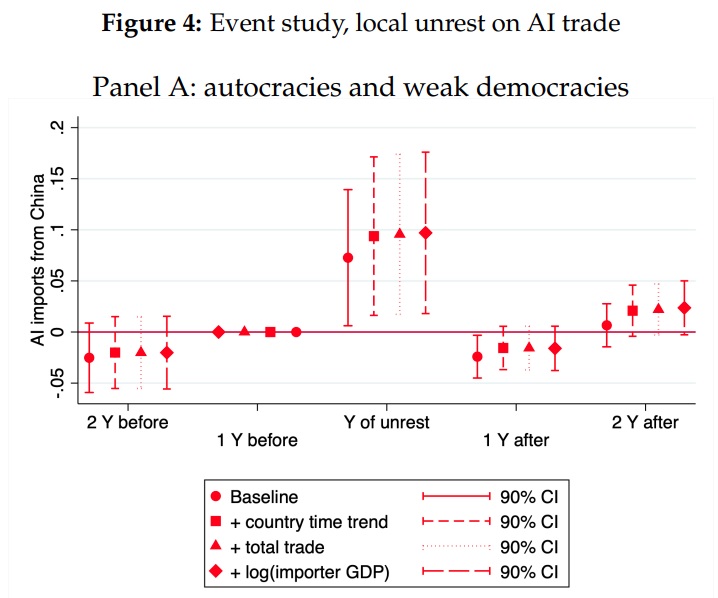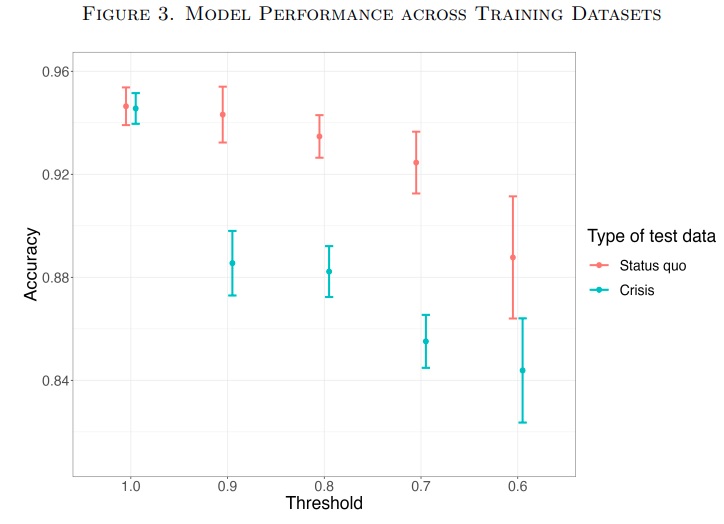Before we went to see the movie Oppenheimer Sunday morning, we sat on a bench just off of the Interurban bike trail not far from our house. An SUV drove up near where we sat. A man climbed out of the SUV, took a bicycle out of the back, locked the car, pulled out a cigarette, lit it, hopped onto the bike and pedaled down the path inhaling deeply as smoke puffs snaked around him. Nothing but respect for the guy.
Oppenheimer was a chain smoker—he died of throat cancer at age 62. The movie depicts Oppenheimer smoking though it occurs to us that we don’t remember actually seeing smoke. Cillian Murphy, who depicts Oppenheimer, often has a cigarette in his hand, but Murphy, unlike the man smoking on the bicycle, presumably is more careful about his health. In the Trinity scene of the film, when the first nuclear bomb in human history is tested and successfully detonates—a true cinematic masterpiece scene crafted expertly by the director Christopher Nolan—various scientists and military staff make efforts to protect their health even as they watch the terrifying spectacle.
Like those scientists, we found ourselves tensing up in the leadup to the moment. We stole a glance at our fellow theater goers—all eyes locked on the screen, hands holding tightly to their armrests. Like a few other times watching movies over the years, we are certain we will remember that moment the rest of our life. Just as with the man in the SUV smoking and pedaling, though parts of Oppenheimer are flawed, nothing but respect for Nolan’s ambitions. Meanwhile, with clean lungs we examine wind power around the world, China’s facial recognition exports and the digital dictator’s dilemma. It’s this week’s International Need to Know, now I am become international data, the destroyer of bad international information.
Sinéad O’Connor died yesterday at the tender age of 56. She was troubled but also, as we wrote about four years ago, incredibly brave. She was astonishingly talented with a voice that could tear down walls and create tenderness in the most hardened. RIP
An astonishing voice
Watch all the way through, an astonishing performer
Without further ado, here’s what you need to know.
Windweaver*
We often concentrate on solar here on the International Need to Know online platform that Elon Musk wants us to rename “J”** for some reason. But today we sail with the wind—wind power, that is. As you can see from numbers pulled from Our World in Data, a number of countries have rapidly increased their share of electricity production from wind. Denmark by far leads the pack with a majority of its electricity produced by wind. In fact, when you add in solar, nearly two-thirds of Denmark’s electricity is generated by those two renewables. Lithuania gets nearly 40 percent of its power from wind. Ireland derives a third of its power from wind and it’s not just because they like to talk a lot.*** The U.S. gets 10 percent of its power from wind and the world as a whole nearly 8 percent. Just think how much more power the U.S. could generate from wind and solar if we made it easier to build wind and solar farms. We expect the percentage of power produced by both wind and solar to continue to go up rapidly in the coming decade. The world will be cleaner for it.
*An admittedly obscure reference to a plotline of the TV show, The Other Two, the meanest (and yet very funny) show on television
**Everyone thinks “X” or “Z” are the cool letters but the really hip know “J” is where it’s at
***We’re about half Irish so send your hate emails elsewhere and embrace the craic (Editor: FYI You’ve reached your limit on footnotes****)
****Our editor is a power hungry maniac
China Corner: China’s AI Comparative Advantage
One of the many ways China tries to make the world safe for authoritarianism is its export of facial recognition technology, A new paper published at NBER quantifies this problem. The paper notes that China has a “comparative advantage” when it comes to facial recognition technology. It then shows that not only is China the largest exporter of facial recognition technology but also that “autocracies and weak democracies are more likely to import surveillance AI from China.” China doesn’t just export the technology, it helps the authoritarian governments implement it. In our book and in speeches we described China’s efforts to help authoritarian governments and this paper adds further quantifiable evidence. Even more worrying, the paper shows that “Autocracies and weak democracies are especially more likely to import facial recognition AI from China in years when they experience domestic unrest. These imports coincide with the erosion of domestic political institutional quality more broadly.” We used to get push back for saying China tries to make the world safe for authoritarianism but evidence continues to back us up.
But Wait: The Digital Dictator’s Dilemma
Proving that the world is more ambiguous than popular Hollywood movies are capable of depicting (but we like to think is a specialty here), a separate paper by Eddie Yang, a PhD candidate at the University of California San Diego, posits that “AI in authoritarian regimes is constrained by conditions similar to the dictator’s dilemma.” AI train on large amounts of data but because authoritarian regimes censor data, their AI’s abilities are constrained. Yang notes that AI is trained on data and dependent on the quality of the data, “However, under the shadow of authoritarian institutions, citizens’ strategic behavior, such as preference falsification and self-censorship, can severely degrade data quality and thus limit the accuracy of AI trained to enforce control and repression.” Yang examined large amounts of messages on the Chinese social media app Weibo. He finds that “as the regime grows more repressive” data missing due to censorship causes the “accuracy of censorship AI model to fall.” Further, the “drop in AI’s performance is larger during times of crisis than during times of status quo, as true preference revelation during crisis causes a larger mismatch between the distributions of the training and test datasets.” Facial recognition is different from AI censorship so it’s possible that one type of authoritarian technology may work better than others. Let’s hope China’s competence in helping other authoritarian governments wield technology matches their competence in choosing foreign ministers.




